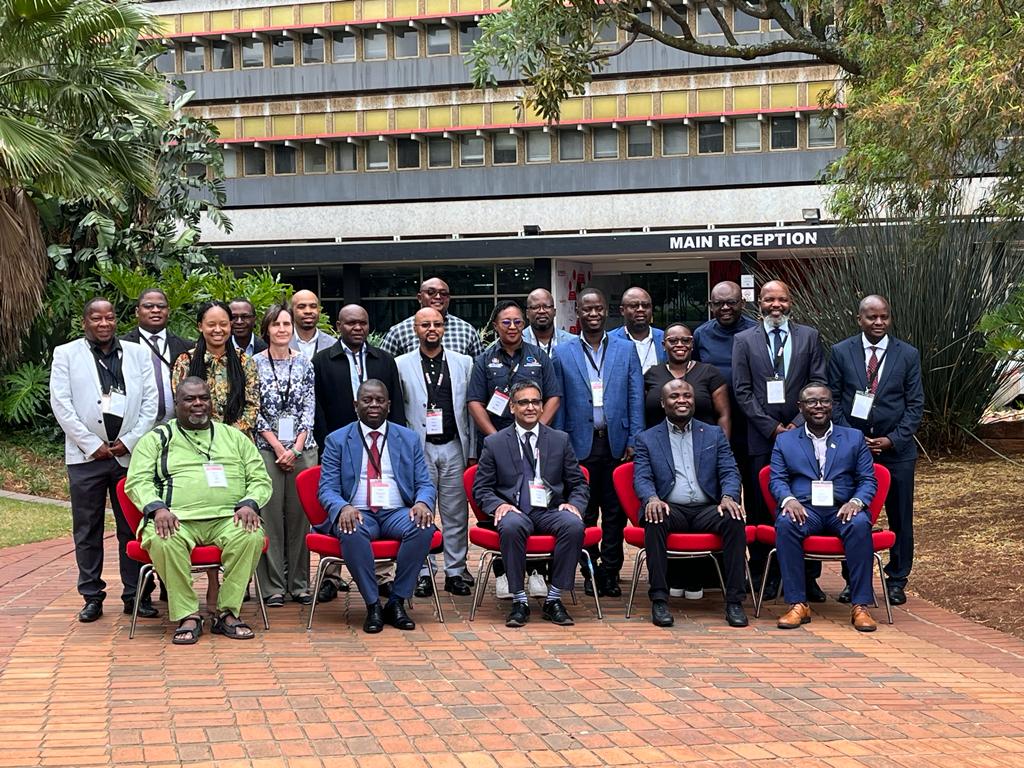Quality assurance is the cornerstone of consumer trust, economic growth, and international competitiveness. In South Africa, this crucial responsibility is shouldered by the South African Bureau of Standards (SABS) — a statutory body that plays an indispensable role in setting, monitoring, and enforcing national standards. From electrical appliances to food packaging, SABS ensures that products meet both local and global quality benchmarks.
In this article, we explore seven powerful ways the south african bureau of standards ensures quality, its importance to industries and consumers alike, and why this institution is central to the country’s development strategy.
What Is the South African Bureau of Standards?
The South African Bureau of Standards (SABS) is the national standards authority responsible for developing, promoting, and maintaining South Africa’s industrial standards. Established in 1945 under the Standards Act, the SABS is a division of the Department of Trade, Industry and Competition (DTIC). It functions as both a standardization and conformity assessment body, ensuring that products and services align with safety, quality, and environmental norms.
1. Development of National Standards
One of the primary responsibilities of the South African Bureau of Standards is the development and maintenance of South African National Standards (SANS). These standards span various sectors including manufacturing, agriculture, energy, transportation, construction, and technology.
Examples of Key Standards:
- SANS 50001 – Energy management systems.
- SANS 605 – Electrical appliances safety.
- SANS 241 – Drinking water quality guidelines.
The goal is to provide a unified framework that supports sustainable economic growth, fosters innovation, and protects consumers and the environment.
2. Product Testing and Certification Services
To ensure compliance with national and international standards, the SABS offers comprehensive product testing services through its ISO/IEC 17025-accredited laboratories. These services include:
- Mechanical testing
- Chemical analysis
- Electrical performance tests
- Fire resistance evaluation
- Food and beverage quality testing
After successful testing, products are awarded the SABS Mark of Approval, a widely recognized symbol that signifies safety, reliability, and quality assurance.
Stat: Over 7,000 companies in South Africa use the SABS certification mark to build consumer confidence and improve marketability.
3. Inspection and Auditing of Manufacturing Processes
The South African Bureau of Standards conducts regular audits and inspections to ensure that certified companies maintain consistent production quality. This includes:
- Verifying raw materials and supply chain inputs
- Assessing workplace safety and sanitation
- Checking calibration of testing equipment
- Evaluating compliance with ISO and SANS standards
Such inspections reduce product defects, limit liability risks, and support continuous improvement practices across industries. We update our homepage regularly with new features and highlights.
4. Consumer Protection and Confidence Building
SABS plays a vital role in consumer protection by ensuring that only safe and effective products are allowed in the marketplace. The SABS certification mark assures customers that:
- The product has been independently tested
- It complies with local regulatory standards
- It is free from harmful substances or defects
The institution also works closely with the National Regulator for Compulsory Specifications (NRCS) to enforce compliance, particularly in sensitive sectors like food, healthcare, automotive, and electronics.
5. Boosting Economic Competitiveness and Trade
Adherence to SABS standards helps local manufacturers compete globally by aligning their products with international regulations like ISO, IEC, and Codex Alimentarius. As a full member of international bodies such as:
- International Organization for Standardization (ISO)
- International Electrotechnical Commission (IEC)
…SABS facilitates trade and opens doors for export opportunities, especially within the African Continental Free Trade Area (AfCFTA).
6. Supporting Innovation and Industrial Growth
Through its Innovation Support Programme, the South African Bureau of Standards encourages the development of new products and technologies. Startups and SMEs benefit from:
- Subsidized testing and certification
- Customized research and development partnerships
- Technology validation and market readiness assessment
This initiative ensures that emerging industries such as renewable energy, biotech, and agritech meet quality benchmarks from inception.
7. Training and Capacity Building
SABS runs training courses and workshops to promote understanding and application of national standards among stakeholders. These programs include:
- ISO 9001: Quality management systems
- SANS 10400: Building regulations
- ISO 14001: Environmental management
Thousands of engineers, technicians, quality assurance managers, and regulators undergo training annually, which helps embed a culture of compliance across industries.
The Role of the South African Bureau of Standards in a Sustainable Future
With South Africa’s growing focus on sustainable development, the SABS is at the forefront of green innovation, setting standards for:
- Energy efficiency labeling
- Waste management and recycling
- Eco-friendly construction materials
These initiatives not only support environmental goals but also help companies reduce costs and enhance their ESG (Environmental, Social, Governance) ratings, which are increasingly important to investors.
FAQs – People Also Ask
What is the function of the South African Bureau of Standards?
The SABS develops, promotes, and maintains national standards to ensure product quality, consumer safety, and industrial competitiveness.
How does SABS certification benefit businesses?
It enhances credibility, boosts market access, minimizes liability risks, and assures customers of product quality and safety.
Can foreign companies get SABS certification?
Yes. International manufacturers that wish to enter the South African market can apply for SABS certification provided they meet the required standards.
Is SABS the same as NRCS?
No. While both ensure compliance, SABS sets the standards and offers testing, whereas NRCS enforces regulatory requirements.
How long is SABS certification valid?
Typically, SABS certification is valid for 3 years, with regular audits to ensure ongoing compliance.
Conclusion: Why SABS Matters More Than Ever
The South African Bureau of Standards is more than just a regulatory body — it’s a catalyst for growth, trust, and transformation in South Africa. From ensuring safer products to enabling global competitiveness, the SABS is pivotal in shaping a resilient economy.
